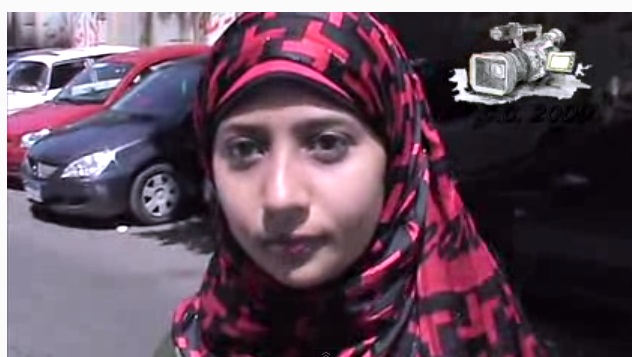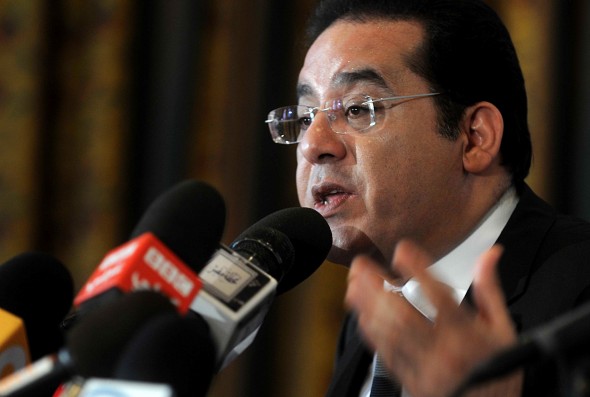
(AFP File Photo)
Ousted president Mohamed Morsi’s trial for espionage was postponed on Sunday to 14 December, with his defence lawyer denying collaboartion between the Muslim Brotherhood and the United States.Mohamed Al-Damaty, a member of Morsi’s defence team said many NGOs and political parties cooperate with the US in different ways, and that the prosecution has singled out the Brotherhood to “oppress the group politically”.
He argued that prisons and police stations, during the 25 January Revolution, were not stormed by members of the Brotherhood, but by “criminal elements”. He added that on 28 January 2011, prisons in the country witnessed riots, accompanied by detainees’ families attempts to free their relatives.
The prosecution also addressed the court, claiming that the source of the alleged leaks by some SCAF members discussing Morsi’s imprisonment was Qatar-based news channel Al Jazeera.
During the Saturday session the defence presented the alleged leaks as evidence to argue that Morsi was held in a facility belonging to the military and not to the Ministry of Interior.
Prosecutor General Hisham Barakat vowed to launch an investigation in these recordings, which he described as “fabricated”.
The leaks included phone calls initially aired by a pro-Morsi satellite channel, allegedly between members of the Supreme Council of the Armed forces (SCAF), who mentioned that Morsi was being held in a maximum security navy prison in Abu Kir, contrary to a law that forbids the detention of civilians in military facilities.
Morsi and 35 members of the Muslim Brotherhood, including some of its most high-profile members, stand trial for collaborating with foreign groups. Others on trial include Supreme Guide Mohamed Badie, his deputies Khairat El-Shater and Mahmoud Ezzat, and leaders of the group’s political wing Saad Al-Katatni, Mohamed Al-Beltagy and Essam El-Erian.
The defendants are accused of organising “a plot” with the aid of groups including Palestinian Islamist group Hamas and Lebanese militant group Hezbollah. They also face charges of disclosing national security secrets, funding terrorism, and coordination with jihadist organisations inside and outside Egypt to execute terrorist operations in the country.



